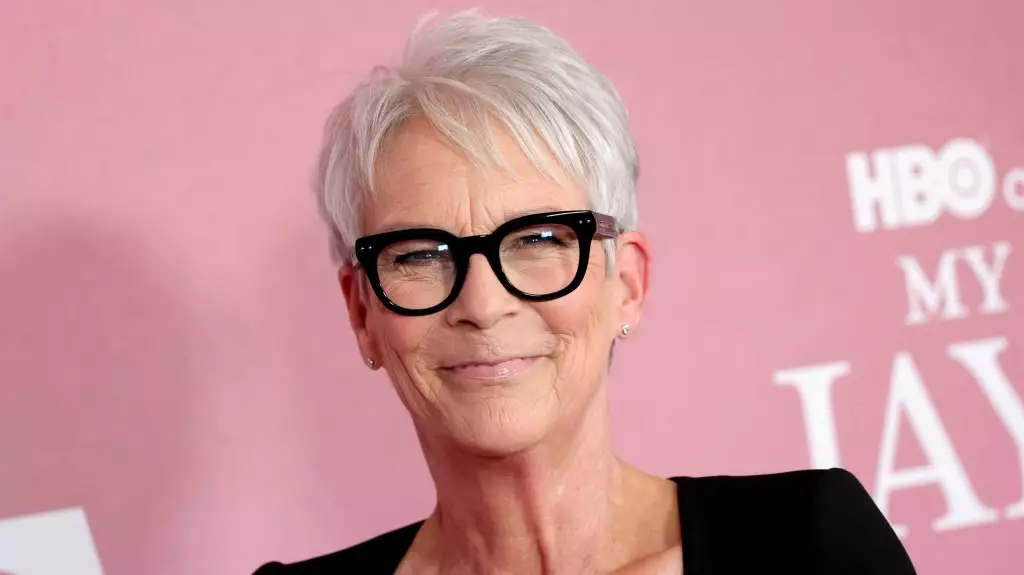In the glitzy facade of Hollywood, where eternal youth is often mistaken for vitality and relevance, the stark reality remains: aging, especially for women, is a career-ending sentence. This paradox underscores a deeper, systemic failure to value experience over superficial beauty. Veteran actress Jamie Lee Curtis’s candid reflection on her parents’ decline in late fame encapsulates a broader cultural hypocrisy. She witnessed firsthand how Hollywood’s obsession with agelessness erodes the careers and identities of those who helped build the industry. Her assertion that she has been “self-retiring” for decades reveals a painfully strategic choice—bitterness and practicality merged into a quiet rejection of a system that chews up and spits out its aging stars. Hollywood’s fixation on youth creates a false narrative that talent and dignity are mutually exclusive from age, perpetuating a toxic cycle that marginalizes the seasoned and the wise in favor of the superficial and the fleeting.
The Ugliness Behind Cosmetic Culture
Curtis’s critique of cosmetic surgery and the pervasive “cosmeceutical industrial complex” hits a nerve that many are either too afraid to address or complicit in ignoring. Her bold imagery—oversized plastic lips—becomes a visceral protest against a society that benefits from women’s insecurities, pushing them toward chemically or surgically altering their appearances. Her personal experience of regret after plastic surgery at 25 underscores not just individual dissatisfaction but a systemic problem that exploits vulnerability. The industry’s promotion of artificially perfected faces fosters a culture where natural aging is stigmatized, leading to a generation disfigured—literally and figuratively—in the pursuit of false standards of beauty. Curtis’s mention of AI and filters highlights a disturbing trend: technology perpetuates an unrealistic façade, further detaching society from authentic human expressions and natural aging. Her words serve as a warning that the normalization of such modifications threatens to wipe out genuine diversity in human appearance, leaving behind a homogenized, disillusioned populace.
The Crisis of Authenticity and the Erosion of Identity
What Curtis offers is not just a critique of superficial beauty norms but an indictment of a culture that commodifies and devalues genuine human experience. Her use of the word “genocide” is provocative—deliberately so—to emphasize the destructive impact of these societal pressures on women’s self-esteem and individuality. She suggests that the relentless push for perfect, filtered faces results in a collective erasure of natural human diversity, a form of cultural violence that patriarchy and consumerism jointly sustain. As her career moves forward into new projects—ranging from rebooting beloved classics to creating innovative content—Curtis’s stance is a reminder that artistry and authenticity must be preserved against the relentless assault of superficiality. Her activism transcends her personal choice; it challenges mainstream culture to reevaluate its priorities, to respect the integrity of aging and naturally appearing bodies, and to foster a more inclusive definition of beauty that values wisdom, resilience, and authenticity over youth and superficial perfection.

Leave a Reply